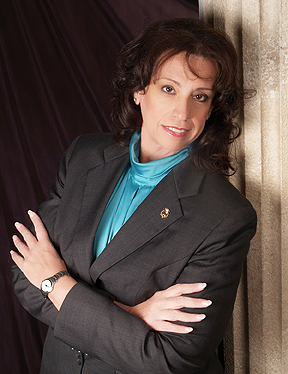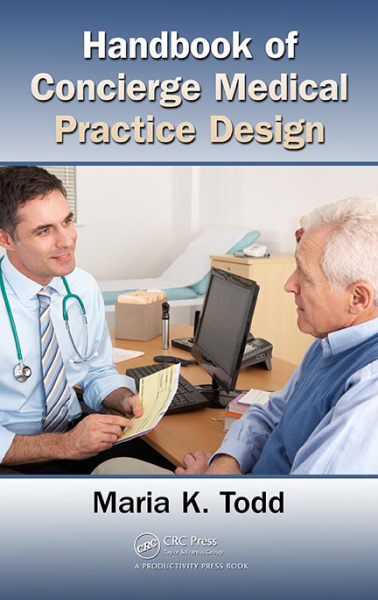[vc_row][vc_column width=”2/3″][vc_column_text]
As part of our concierge practice transition exercises, we conduct consumer research to connect with concierge membership patients and learn their preferences for a Minimum Viable Product (MVP) through potential member discovery sessions. We employ unique and creative techniques to elicit candid consumer feedback from our clients’ existing traditional patients. In one case, we did this after the transition because membership sales stalled and there was a low renewal rate, signalling a problem with the product design.
[/vc_column_text][vc_ff_title el_type=”h1″ align=”left” title=”What patients want from their concierge membership”][vc_blockquote_1]I want one place where I can get my primary care, lab tests, preventive services, nutritional guidance, and stress management or depression counseling if I need some. – Age 35-49 [/vc_blockquote_1][vc_blockquote_1]I want one “go to” person to help me coordinate other specialist consultations and diagnostic testing – like a concierge does at a hotel for restaurants and theater tickets — my preferences, my time, my side of town. – Age 35-49 [/vc_blockquote_1][vc_blockquote_1]I want to access my doctor with my tablet or smartphone device, either face-to-face or asynchronously when it is convenient for me. I don’t want hour-long appointments like some doctors advertise. – Age 50-64 [/vc_blockquote_1][vc_blockquote_1]I want to deal with one point of contact and one centralized medical chart and someone who knows me and my family and what we need. – Age 35-49 [/vc_blockquote_1][vc_blockquote_1]I don’t want to have to wait in an emergency room or pay a huge emergency room co-pay if I am sick after hours, or be treated next to the criminal that the cops just dropped off in the next bed. – Age 50-64 [/vc_blockquote_1][/vc_column][vc_column width=”1/3″][vc_column_text]
An interview with Maria
[/vc_column_text][vc_column_text] [/vc_column_text][vc_column_text]
[/vc_column_text][vc_column_text]
Coming Soon!
 [/vc_column_text][/vc_column][/vc_row][vc_row][vc_column width=”1/1″][vc_call_to_action title=”Our team works hard to move your practice through the transition quickly.” button_title=”Talk with an Expert” button_link=”http://mercuryadvisorygroup.com/contact/”][/vc_column][/vc_row][vc_row][vc_column width=”1/1″][vc_column_text]
[/vc_column_text][/vc_column][/vc_row][vc_row][vc_column width=”1/1″][vc_call_to_action title=”Our team works hard to move your practice through the transition quickly.” button_title=”Talk with an Expert” button_link=”http://mercuryadvisorygroup.com/contact/”][/vc_column][/vc_row][vc_row][vc_column width=”1/1″][vc_column_text]
Minimum Viable Product (MVP)
The objective of the sessions is to ask for insight and input into a transitioning concierge physician’s Minimum Viable Product (MVP) offering for the concierge amenity-based product, interest level, price point, and gain a connection and understanding of potential member attitudes and behaviors in a rapidly changing healthcare delivery landscape.
This exercise has proven to be much more informative and valuable than a traditional “feasibility study” costing thousands of dollars to produce. (Typically, we’ve seen consultants scope a transition with the inclusion of a feasibility study that includes patient telephone interviews of about 600-800 randomized patients. Each interview takes 10 minutes, must be scheduled in advance which takes 3-5 minutes, and then the data compiled from each call. Do the math at an estimated $2.50 per minute.) The insight we derive from these discovery sessions is less expensive, immediately actionable, straightforward, targeted to a specific clientele, rather than randomized over a population of 3000-4000 patients, and helps consultants and entrepreneurial physicians identify emerging trends and gain insight on how to monetize amenities available in the concierge model.
“One of the keys to our success with this has been knowing which patients to invite to the event and how to reward their participation,” says Maria Todd, MHA PhD, CEO of the Mercury Advisory Group. “I believe the experience we have with this approach is one of the many ways in which we differentiate our consulting practice from other competitors vying for consulting engagements with transitioning concierge physicians.”
Lessons Learned
“What I’ve learned and proven through these consumer discovery sessions is just how important it is to connect with patients at an emotional and rational level through personalized service and customization. I look back on one meeting in particular with a Phoenix-area physician who wasted my time flying to meet with him, imparting lots of individualized practice assessment information. Then he called to let me know of his decision to “use what a buddy in town got from another consultant (as a template) to save money”. It showed me that he had no respect for intellectual property, and no clue about what the market wants – just what would get “a product” up and running in a minimal amount of time. His outcome thirty months later: Not fully converted, fewer than 50 memberships sold. I often wonder about the success of his buddy’s practice too,” says Todd.
What patients want to buy from a concierge physician
Patients want a package of concierge medical services that is flexible, customizable and addresses their specific, varying needs. “How one translates that information into an actionable product morphology is where the consultative guidance is most valuable,” says Todd. “It means different solutions strategies based on the market competition, the demographics and what can be offered. It isn’t a one-size-fits-all prescription.”
Concierge members increasingly desire the ability to customize or personalize how they interact with their concierge physician, they want the service choices to address individual needs, such as telehealth, time spent on going to the doctor’s office and waiting times, bundling wellness, prevention and personalized medicine options, affordability and customer care. Overall, there is also a huge demand for improved member services. Concierge members want personal and effective resolution of their questions, needs and problems; they want swift follow-through handled by knowledgeable and empowered assistants. They also demand that their concierge physician respect their time and their budget. By providing concierge members with options and service, providers can engender commitment, trust and loyalty — and renewals.
[/vc_column_text][/vc_column][/vc_row]
